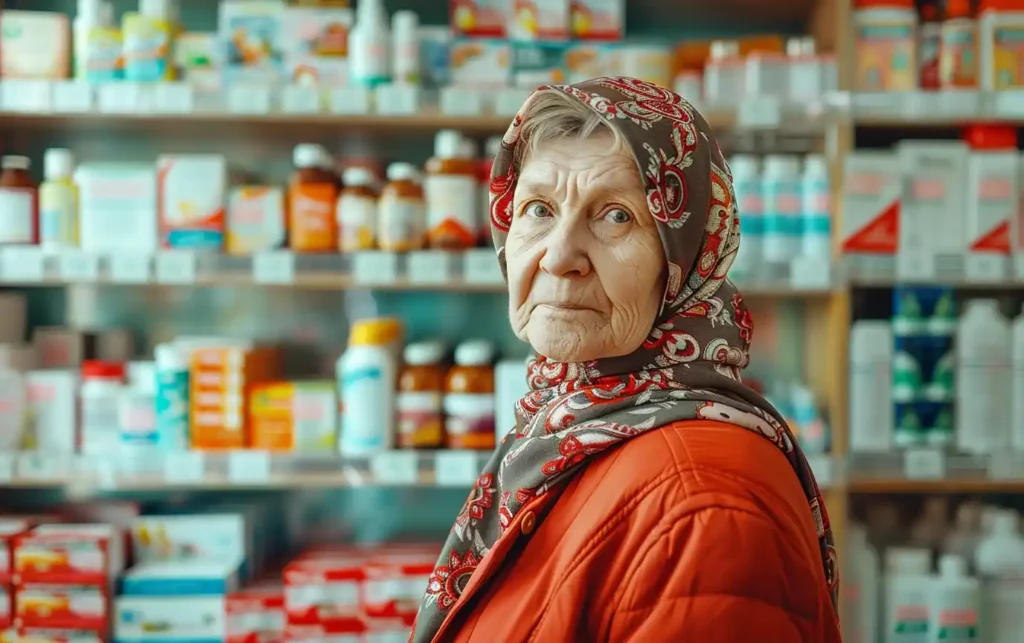

In 2023, India surpassed Germany to become the largest foreign supplier of medicines to the Russian market.
This shift comes amidst European countries reducing sales of original drugs due to the emergence of analogues and market restrictions. The following analysis provides insights into the changing dynamics of the Russian pharmaceutical import market.
Key Findings
- In 2023, the Russian market received 293.9 million packages of Indian medicines, a 3% increase from the previous year.
- German medicine imports into Russia decreased by nearly 20%, to 238.7 million packages.
- Other major supplier countries include France (149.3 million packages), Hungary (112.5 million), and Belarus (109.8 million).
- The UK and Poland also ranked among the top suppliers, with imports increasing by 10.5% and 16.5%, respectively.
- New entrants to the Russian market in 2023 included the UAE, Armenia, and Cuba.
- In total, 1.8 billion packages of foreign medicines were released into the Russian market, a 1.5% year-over-year increase.
- Locally produced medicines accounted for 4.1 billion packages in the Russian market.
Leading Pharmaceutical Companies Supplying Russia
- Teva (Israel): Supplied 149.8 million packages, an 11% increase from the previous year.
- Dr. Reddy’s (India): Increased supplies by 12%, to 110.1 million packages.
- Sanofi (France) and Stada (Germany) reduced imports by 6% and 12%, respectively, but maintained local production facilities in Russia.
- Reckitt Benckiser (UK): Increased volume by 18%, to 79.5 million packages.

Notable Growth in Russia
- Oxford Laboratories (India): Increased deliveries by 67%, to 4.8 million packages.
- Ipca Laboratories (India): Increased imports by 58%, to 13.7 million packages.
- Gedeon Richter (Hungary): Increased supplies by 46%, to 41.6 million packages.
- Belupo (Croatia): Increased imports by 49%, to 8.4 million packages.
- Sentiss Pharma (India): Increased supplies by 33%, to 17.8 million packages.
Reasons for Reduced Western Supplies to Russia
- Changing market demand and competitive environment, with foreign companies withdrawing drugs with many low-cost analogues.
- Political decisions by some Western pharmaceutical companies, such as Eli Lilly ceasing supplies of Cialis and AbbVie stopping Botox and filler lines.
- Optimization of investments and global sales strategies, as seen with Astellas withdrawing the antibiotic Vilprafen from the Russian market.
Impact on Russian Pharmacies
- The assortment of imported medicines in Russian pharmacies decreased by 20% over the past year. Mostly affected were lower priced products.
- Shortages of certain drugs without analogues, such as the antibiotic Vilprafen from Astellas.
The Russian pharmaceutical import market has undergone a significant shift, with India emerging as the largest foreign supplier, surpassing Germany.
This change is driven by a combination of factors, including the rise of low-cost analogues, market restrictions, and strategic decisions by Western companies.
As the market dynamics continue to evolve, it remains crucial for pharmaceutical companies to adapt their strategies and navigate the changing landscape effectively.




